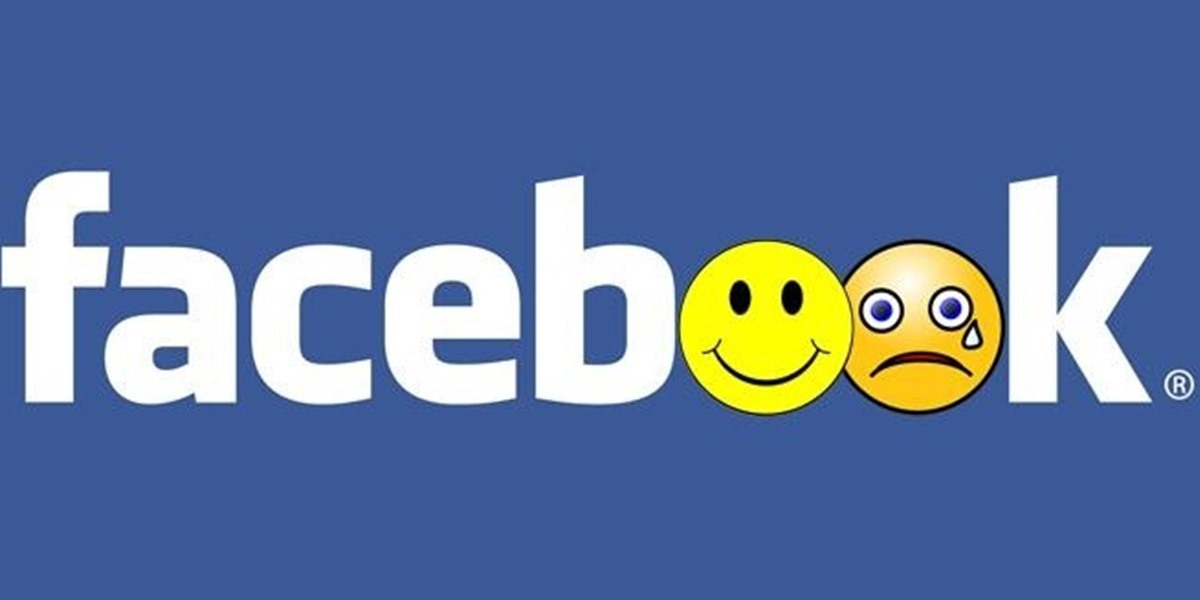Why Facebook is Toxic: A Comprehensive Analysis Facebook is one of the most popular social media platforms in the world,
3 Reason Why Facebook is toxic & 7 Solutions


Why Facebook is Toxic: A Comprehensive Analysis Facebook is one of the most popular social media platforms in the world,